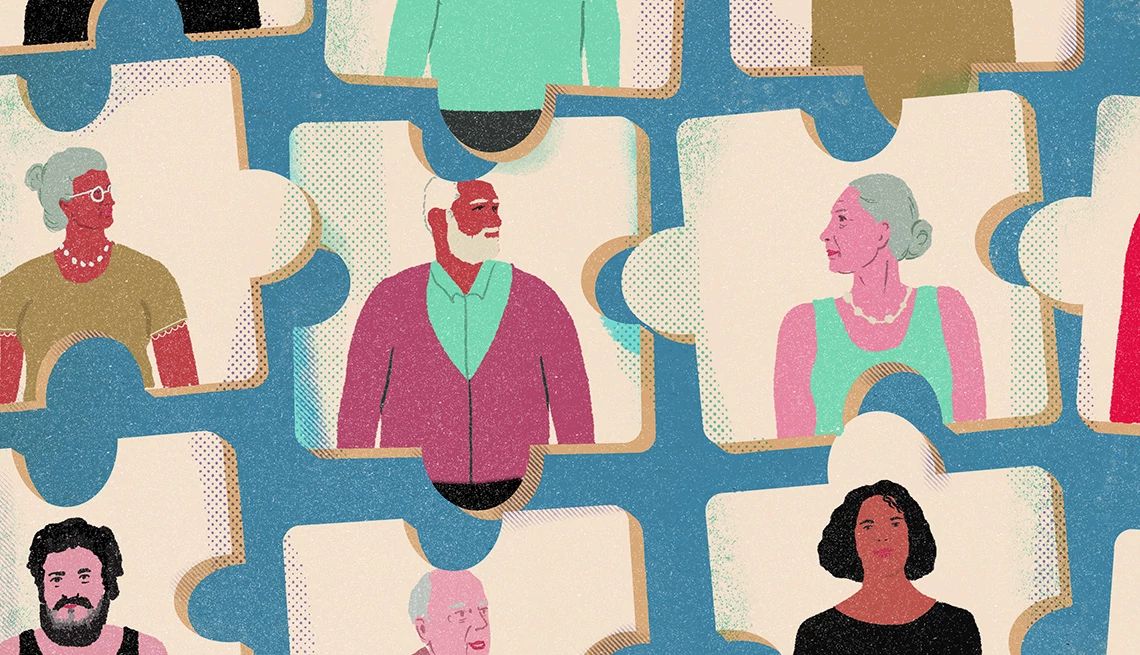AARP Hearing Center


We need to believe that we matter.
Why is it so important? It can actually affect your health and well-being, says Gordon L. Flett, an academic psychologist and researcher at York University in Toronto.
The tie between loneliness and mattering
“I am convinced that a big chunk of the loneliness epidemic is a ‘not mattering’ epidemic,” says Flett, 66, author of The Psychology of Mattering: Understanding the Human Need to Be Significant.
Flett says research shows that feelings of not mattering are linked with “extreme, unbearable loneliness,” and that “lonely people almost invariably describe themselves in ways that align with feeling unimportant and insignificant.”
And it’s affecting older adults at a high rate. More than one-third of Americans age 50 and up have experienced loneliness, according to a May 2024 article in the medical journal JAMA.
Feeling like you don’t matter may also increase the likelihood of suicidal thoughts, says Gregory C. Elliott, 77, a professor of sociology at Brown University in Providence, Rhode Island.
How retirement can affect your self-worth
Many people get “social proof” that we matter via our jobs, says Jennifer Breheny Wallace, 52, author of Never Enough: When Achievement Culture Becomes Toxic — and What We Can Do About It. When we retire, that proof is gone, she says.
Flett says that as his own retirement looms, he can relate to the idea of not mattering. Much of his identity, he says, is rooted in his roles as a professor and researcher, and he says he will miss providing support and encouragement to students. He already finds himself without lab space or an office, which he says makes it easier to feel discarded.
On the positive side, Flett notes, he will be able to spend more time with his family, including two young granddaughters.
“New retirees need to find ways to stay engaged and connected with others in ways that can potentially make a difference,” he says.
Wallace agrees, saying that ahead of retirement, it’s crucial to plan the steps you’ll take that will set in motion a “positive upward spiral.”































































More From AARP
Meet People. Have Fun. Get Happier
Tips and resources to help you find and nurture relationships25 Ways to Find a Greater Sense of Purpose
Use our topical advice to elevate your curiosity, plan your third act and expand your horizonsCan Being Lonely Make You Age Faster?
Mounting research highlights the health hazards of isolationRecommended for You